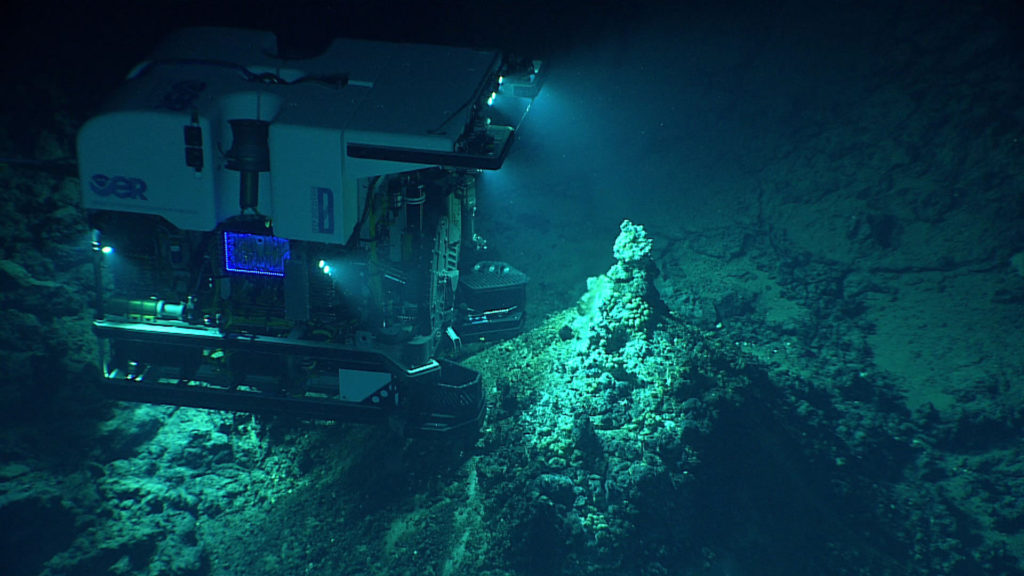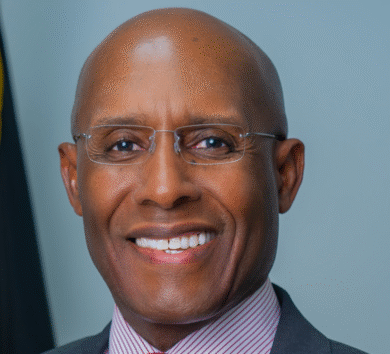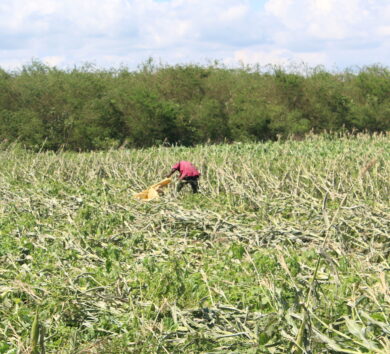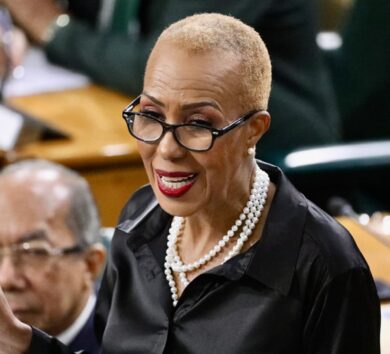

The Jamaica Environment Trust (JET) has joined a growing number of activists, advocates and non-government organisations (NGOs) calling for a moratorium on deep-sea mining.
For JET, any serious exploration of deep-sea mining threatens the future of mankind.
In a statement on Monday (July 25), JET explained that as an International Seabed Authority (ISA) delegation gathered in New Kingston to discuss deep-sea mining prospects last Friday, several groups staged a peaceful protest at the Knutsford Hotel.
JET, joined by the Jamaica Climate Change Youth Council (JCCYC), Greenpeace USA, Deep Sea Conservation Coalition (DSCC) and other NGOs, later held a press conference to explain the present danger of ocean mining.
The ISA, which is headquartered in Kingston, hosted its 27th Session with delegates from across the world to discuss the fate of the seafloor following the trigger pulled by Nauru on the “two-year rule” to begin deep-sea mining by mid-2023.
As one of the last remaining frontiers of human exploration, the deep sea is the largest ecosystem on the planet, making up 90 per cent of the marine environment. Life there is stable, slow growing but extremely fragile. It is already under stress from pollutants, microplastics and climate-related impacts.
Importantly, the deep sea stands between us and the worst impacts of climate breakdown by absorbing greenhouse gases and excess heat produced by human activity.

“Most people have probably given no thought to the deep sea, but it plays a very crucial role, especially in our climate,” said JET’s chief executive officer Dr Theresa Rodriquez-Moodie. “The world is already in the midst of a climate crisis and a health crisis and countries are struggling to cope with the impacts of both while every day new challenges emerge. We do not need to further amplify the problems. Too much is still unknown about the impacts of deep-sea mining, and what is known about the deep sea should be enough for us to exercise extreme caution before exploiting and possibly permanently damaging it.”
In 2019, the Jamaican Government entered the ocean mining industry by sponsoring Blue Minerals Jamaica Limited, joining 20 other countries which were seeking to enter the extractive industry.
According to the environmental watchdog, JET used the Access to Information Act to request a copy of the agreement with Blue Minerals but was denied at the time.
Rodriguez-Moodie said, “It is our understanding that states that sponsor seabed mining activities may be held liable for damages if they do not adequately oversee and regulate a sponsored contractor. Jamaica already has challenges with its environmental monitoring and enforcement. It is not clear how exactly this will be done for the deep sea or where the capacity exists.”
While understanding the constraints of binding contracts, JET called upon the Andrew Holness administration to make the conditions of this agreement public, which is in line with its frequently stated commitments to transparency.

The group also contended that there are alternatives to minerals found in the deep sea and more will undoubtedly emerge as technology and systems develop.
“Pacific nations of Palau, Fiji, Samoa, and Micronesia, and several businesses and financial institutions around the world support a moratorium on deep-sea mining,” JET argued.
“JET, therefore, urges the Jamaican Government to join in this call, as a leader in the Caribbean and as a small island developing state already trying to cope with the impacts of the climate crisis to protect
this vital and virtually unstudied ecosystem,” the organisation continued.







Comments